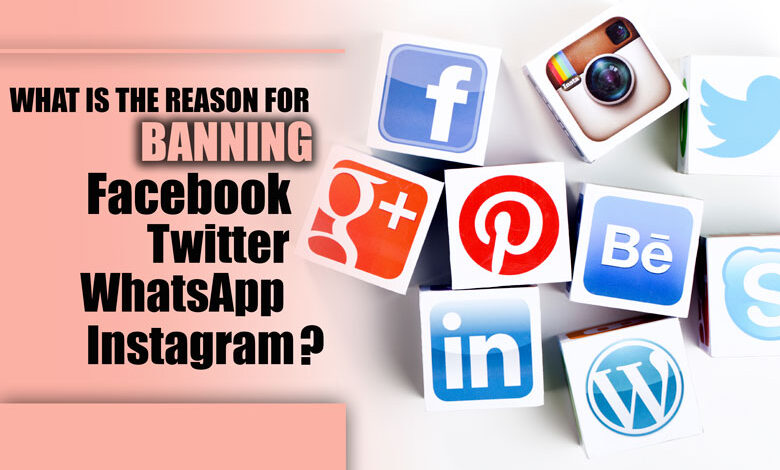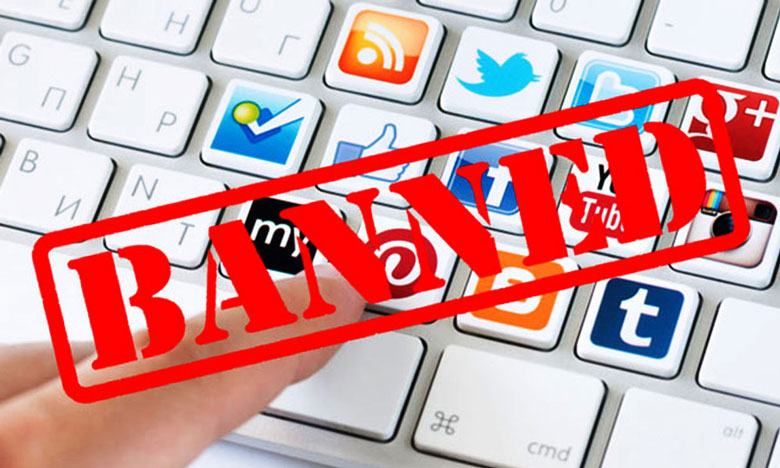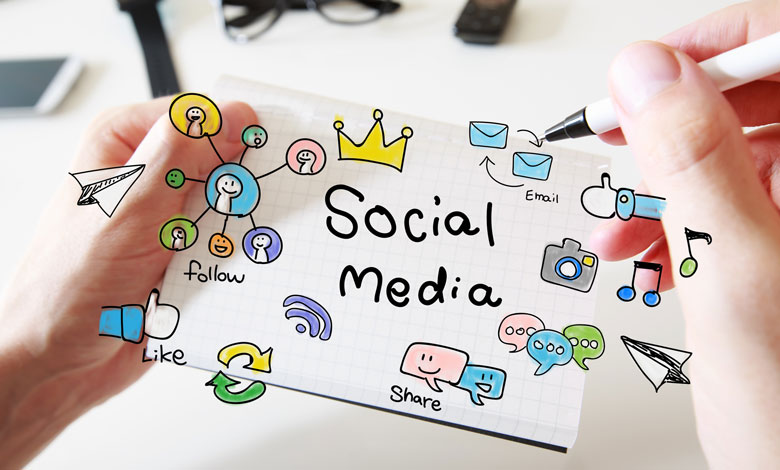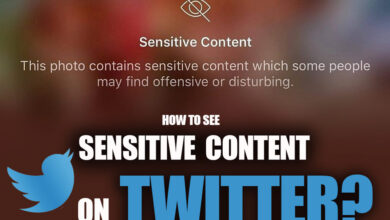What is the reason for banning Facebook, Twitter, WhatsApp & Instagram?

In recent years, social media platforms have played an essential role in shaping the global digital landscape, connecting people, and fostering communication.
However, the rise of platforms like Facebook, Twitter, WhatsApp, and Instagram has also brought about a series of challenges and concerns, leading to heated debates and, in some cases, calls for action to restrict or ban these platforms altogether.
In this essay, we will explore the various reasons to justify banning Facebook, Twitter, WhatsApp, and Instagram.
Which countries have banned social media?
Some platforms, such as YouTube, Facebook, and Twitter, are permanently banned, and others, like Instagram, Telegram, and WhatsApp, have been banned during political unrest or protests.
1. China
Strict controls and censorship are enforced, banning popular social media platforms like Facebook, Twitter, Instagram, and WhatsApp. Chinese alternatives such as WeChat and Weibo are widely used.
2. Turkey
Social media platforms like Twitter, Facebook, and YouTube have faced temporary bans during political tension or perceived threats to national security.
3. Russia
Extensive control over internet access and content is exercised through laws and regulations. Social media platforms like Facebook, Twitter, and LinkedIn have faced restrictions and temporary bans.
4. United Arab Emirates
Social media platforms have faced restrictions to regulate content and uphold cultural and religious norms. Platforms like Skype and Snapchat have experienced temporary bans.

+5 Main reasons for banning social media
· False Information
One big worry is the spread of false information. These platforms have many users, and sharing information quickly is easy.
The unfiltered nature of social media allows fake news, conspiracy theories, and propaganda to reach millions of users. It views fast, potentially influencing public opinion, inciting violence, or undermining democratic processes.
· Protecting Privacy
Another significant concern is how these platforms handle personal data and privacy. They have been criticized for collecting data in ways that can lead to breaches and incidents involving user information.
There are allegations of unauthorized access, data mining, and inadequate privacy protection. People question whether these platforms can be trusted with user data.
· Online Bullying & Hate Speech
Unfortunately, increased social media use has brought more online bullying, cyberbullying, and hate speech cases.
Users, especially those from marginalized communities, face targeted abuse, threats, and discrimination.
Critics argue that platforms like Facebook, Twitter, WhatsApp, and Instagram have not done enough to stop this behavior, creating a toxic online environment with severe psychological and social consequences.
· Influencing Elections & Political Manipulation
Social media’s role in shaping public opinion and influencing elections has been scrutinized.
Concerns about foreign interference, political manipulation, and the spreading of propaganda through these platforms exist.
There are allegations of biased algorithms, divisive content amplification, and social media use to spread false information. This has led to calls for banning Facebook, Twitter, WhatsApp and Instagram.
· Lack of Competition
Some argue that a few major social media platforms have too much control, limiting competition and innovation.
For example, when Facebook acquired Instagram and WhatsApp, concerns were raised about unfair competition.
Critics believe that breaking up or regulating these dominant platforms would create a healthier digital environment and offer more diverse social media options.

Conclusion
Banning social media platforms like Facebook, Twitter, WhatsApp, and Instagram is complex.
Concerns about false information, privacy, online bullying, political manipulation, and lack of competition have fueled discussions about taking action.
Finding the right balance between freedom of expression, user safety, and preserving democratic processes is a significant challenge for policymakers and society.
What are your thoughts on banning or regulating these social media platforms?
Do you believe these reasons are valid, or do you have a different perspective?
Share your insights and thoughts on this complex issue.




